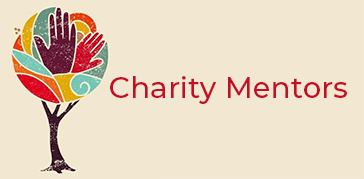🎯 Grant Writing Tips for Small Charities: How to Write Winning Applications
Securing funding is a lifeline for small charities, but competition can be fierce. Strong grant applications stand out not just because of the project idea, but because they clearly tell a compelling, well-structured story. Here are some top tips to help you write successful grant applications.
1. Read the Guidelines Carefully
Every funder is different. Before you write a single word:
- Check eligibility criteria.
- Note any deadlines and submission formats.
- Understand the priorities and outcomes the funder wants to support.
💡 Pro tip: Funders often publish past grant recipients – read those to understand what they’re really looking for.
2. Clearly Define Your Project
Funders want to know exactly what you’re doing and why it matters.
- State your objectives clearly.
- Describe who will benefit, how, and what success looks like.
- Show how your project aligns with their goals.
✔️ Example: “Our project will provide 12 weekly cooking classes for low-income families in Eastbourne, improving healthy eating and confidence in food budgeting.”
3. Back It Up With Evidence
Demonstrate the need for your project:
- Use local data, surveys, testimonials, or case studies.
- Explain why existing services don’t meet this need.
- Show community involvement or demand.
4. Be Specific About Budget
A vague or bloated budget can be a red flag. Do:
- Break down costs (staff, materials, venue hire, etc.).
- Match the budget to the scale of the project.
- Only include what is relevant to the fund.
🧾 Tip: Some funders require you to show other funding sources or in-kind contributions.
5. Show Impact and Sustainability
Funders want value for money. Tell them:
- What difference your project will make (short and long term).
- How you will measure success.
- What happens after the grant ends.
📊 Use SMART outcomes (Specific, Measurable, Achievable, Relevant, Time-bound).
6. Use Clear, Plain English
Avoid jargon or internal language. Keep it:
- Simple
- Direct
- Easy to scan
✏️ Ask someone unfamiliar with the project to proofread your draft—they’ll spot unclear sections.
7. Don’t Rush – Plan Ahead
Good applications take time. Give yourself at least:
- 2 weeks for drafting and revising.
- 1 week buffer for uploading or posting, in case of tech issues.
Final Thought
Successful grant writing is about clear storytelling, evidence, and alignment with the funder’s values. Focus on the why, the who, and the how, and always write with empathy for the reader.


